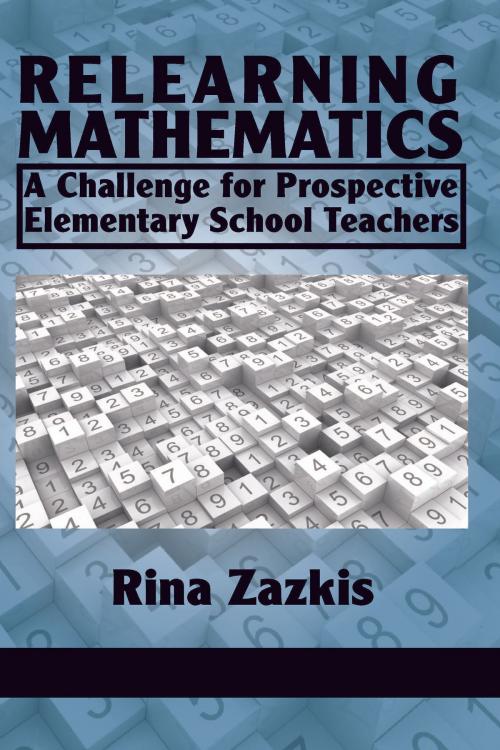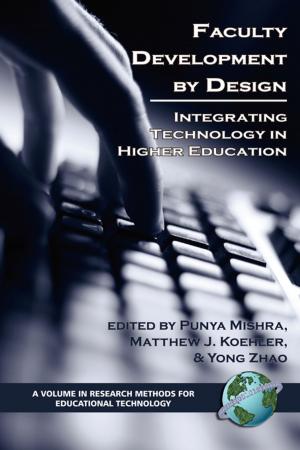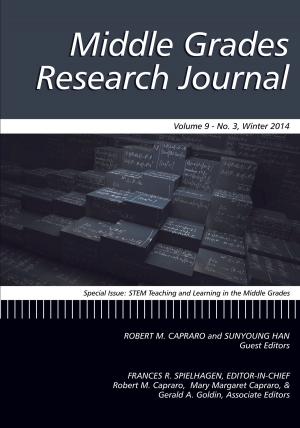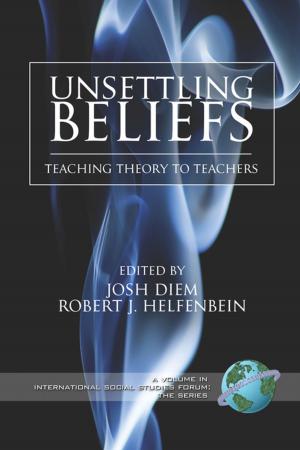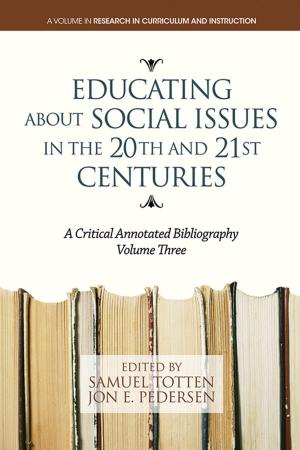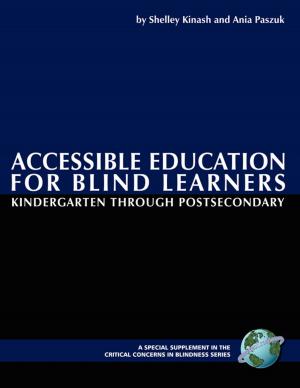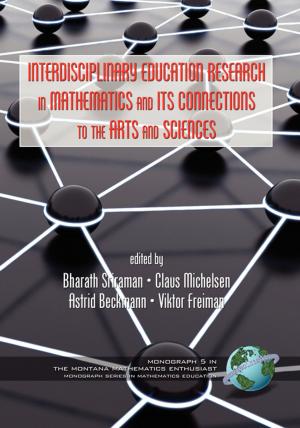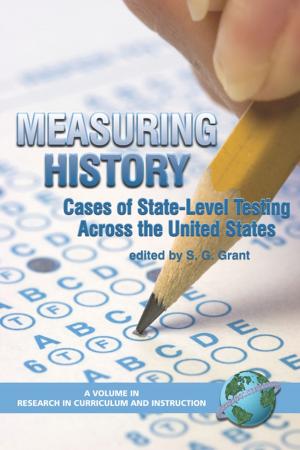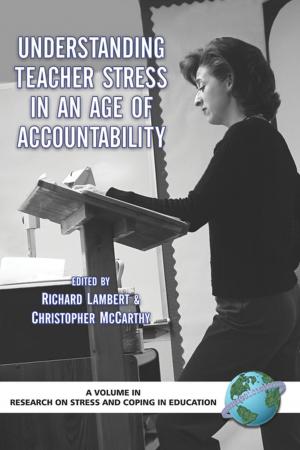Relearning Mathematics
A Challenge for Prospective Elementary School Teachers
Nonfiction, Reference & Language, Education & Teaching, Elementary, Teaching, Teaching Methods| Author: | Rina Zazkis | ISBN: | 9781617354892 |
| Publisher: | Information Age Publishing | Publication: | August 1, 2011 |
| Imprint: | Information Age Publishing | Language: | English |
| Author: | Rina Zazkis |
| ISBN: | 9781617354892 |
| Publisher: | Information Age Publishing |
| Publication: | August 1, 2011 |
| Imprint: | Information Age Publishing |
| Language: | English |
This book is grounded in the author’s experiences of teaching mathematics for prospective elementary school teachers and conducting research on their understanding of mathematical concepts. It is a reflection on practice and an attempt to cope with a double challenge: that of a teacher, in helping prospective teachers make sense of mathematics, and that of a researcher, in an attempt to understand and describe the challenges faced by students. This work fits within the current community interest on teacher education and provides a novel focus, with both theoretical and practical considerations. The central claim in this book is that encounters with mathematical content by prospective elementary school teachers constitute relearning, rather than learning, of mathematics. The specific focus is on topics related to elementary number theory (e.g. divisibility, prime factorization), which is referred to as a “forgotten queen” (following Gauss’ reference to number theory as a queen of mathematics). This is the content area that has not received significant attention in mathematics education research. The book can be summarized as an attempt to address the following questions: What is relearning of mathematical content and how is it similar to or different from learning? What are the examples of specific mathematical topics or concepts that require relearning? What pedagogical approaches can support relearning? The detailed analysis of research data and pedagogical approaches presented in the book are intertwined with stories of personal experiences of the author, which makes the reading not only intellectually stimulating but also enjoyable.
This book is grounded in the author’s experiences of teaching mathematics for prospective elementary school teachers and conducting research on their understanding of mathematical concepts. It is a reflection on practice and an attempt to cope with a double challenge: that of a teacher, in helping prospective teachers make sense of mathematics, and that of a researcher, in an attempt to understand and describe the challenges faced by students. This work fits within the current community interest on teacher education and provides a novel focus, with both theoretical and practical considerations. The central claim in this book is that encounters with mathematical content by prospective elementary school teachers constitute relearning, rather than learning, of mathematics. The specific focus is on topics related to elementary number theory (e.g. divisibility, prime factorization), which is referred to as a “forgotten queen” (following Gauss’ reference to number theory as a queen of mathematics). This is the content area that has not received significant attention in mathematics education research. The book can be summarized as an attempt to address the following questions: What is relearning of mathematical content and how is it similar to or different from learning? What are the examples of specific mathematical topics or concepts that require relearning? What pedagogical approaches can support relearning? The detailed analysis of research data and pedagogical approaches presented in the book are intertwined with stories of personal experiences of the author, which makes the reading not only intellectually stimulating but also enjoyable.
